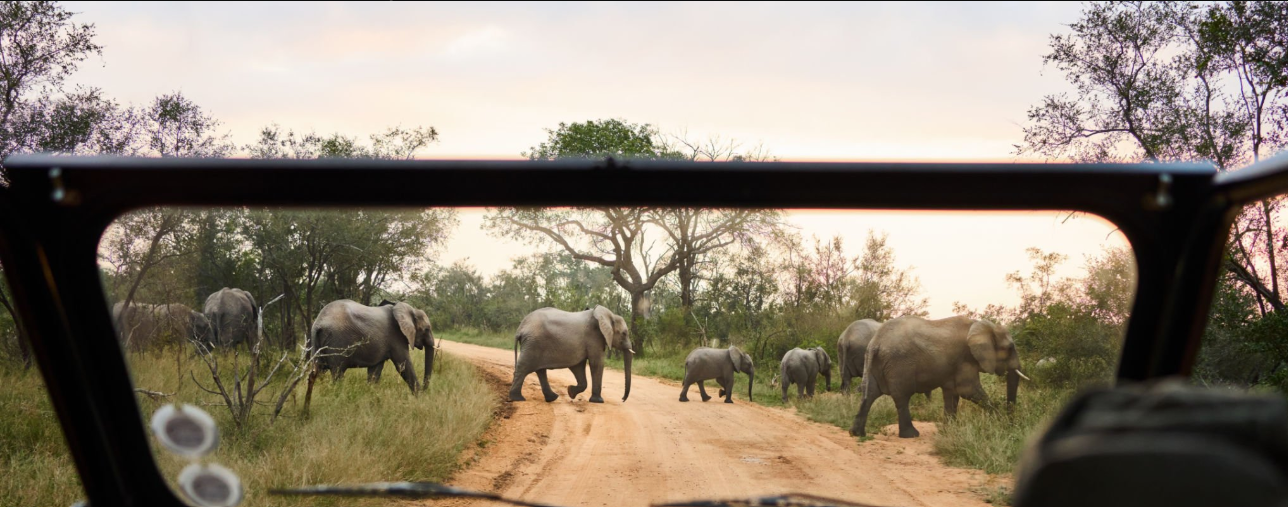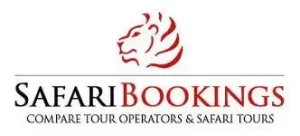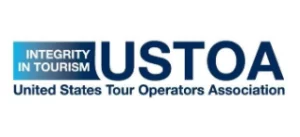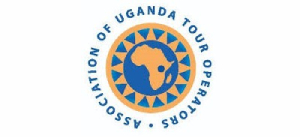How to Choose the Best Safari Operator in Tanzania: A Comprehensive Guide
Choose reputable licensed operator, Tanzania is one of Africa’s premier safari destinations, home to the Serengeti, Ngorongoro Crater, Mount Kilimanjaro, and the exotic beaches of Zanzibar. With such incredible wildlife and landscapes, choosing the right safari operator can make or break your experience. A well-planned safari ensures safety, comfort, and unforgettable encounters with nature, while a poor choice can lead to disappointments, logistical nightmares, or even safety risks.
This guide will walk you through the key factors to consider when selecting the best safari operator in Tanzania, ensuring you have a seamless and memorable adventure.
1. Determine Your Safari Priorities by Choosing reputable licensed operator
Before researching operators, clarify what you want from your safari:
-
Budget: Are you looking for luxury lodges, mid-range comfort, or budget camping?
-
Duration: How many days can you spend on safari?
-
Destinations: Do you want the Serengeti, Tarangire, Ngorongoro, Selous, or a combination?
-
Activities: Game drives, walking safaris, hot air balloon rides, or cultural visits?
-
Group Size: Private safari, small group, or large tour?
Your preferences will help narrow down operators that specialize in your desired experience.
2. Check for Proper Licensing and Accreditation in Choose reputable licensed operator
Tanzania requires all safari operators to be licensed by the Tanzania Tourist Board (TTB) and the Tanzania National Parks Authority (TANAPA). Reputable operators will also be members of:
-
Tanzania Association of Tour Operators (TATO)
-
African Travel and Tourism Association (ATTA)
-
Sustainable Tourism Certification (if eco-friendly practices are important to you)
Why this matters: Unlicensed operators may cut corners on safety, vehicle maintenance, or staff training.
3. Read Genuine Customer Reviews
Online reviews on TripAdvisor, SafariBookings, Trustpilot, and Google provide insights into past clients’ experiences. Look for:
-
Consistency in positive feedback (not just a few 5-star reviews).
-
Responses from the company (do they address complaints professionally?).
-
Detailed reviews that mention guides, vehicles, accommodations, and logistics.
Red flags: Multiple complaints about broken-down vehicles, unprofessional guides, or hidden costs.
4. Evaluate the Quality of Safari Guides
Your guide can make or break your safari. The best operators employ:
-
Highly trained, certified guides (look for FGASA or TAWA certification).
-
Experienced professionals (at least 5+ years in the field).
-
English-speaking (or multilingual) guides with deep wildlife knowledge.
Ask the operator:
-
What training do guides undergo?
-
Can we request a specific guide?
-
What is the guide-to-guest ratio?

5. Assess the Safari Vehicles and Equipment
A reliable operator uses well-maintained, purpose-built 4×4 safari vehicles with:
-
Pop-up roofs for optimal game viewing.
-
Working AC (essential in hot climates).
-
Radio communication for safety and wildlife tracking.
-
Unlimited mileage (some budget operators restrict game drive distances).
Avoid: Overcrowded vans or vehicles in poor condition.
6. Compare Inclusions and Hidden Costs
A transparent operator provides a clear breakdown of costs. Check if the price includes:
✅ Park fees & conservation charges
✅ Accommodation (luxury lodges, tented camps, or budget options)
✅ All meals and drinking water
✅ Game drives and activities mentioned
✅ Airport transfers
Watch out for hidden costs:
-
Optional activities (balloon safaris, Maasai village visits).
-
Tips for guides and staff.
-
International flights and visas.
7. Look for Ethical and Sustainable Practices
Responsible tourism ensures wildlife and local communities benefit. Choose operators that:
-
Support conservation efforts (anti-poaching, wildlife research).
-
Employ local staff and support community projects.
-
Follow eco-friendly practices (low-impact camps, waste management).
-
Avoid unethical activities (lion petting, elephant rides).
Ask: Do you contribute to local conservation or community projects?
8. Communication and Customer Service
A good operator should be:
-
Responsive (reply within 24-48 hours).
-
Transparent (provide contracts, cancellation policies, emergency contacts).
-
Flexible (customize itineraries if needed).
Warning signs:
-
Vague answers about logistics.
-
Pressure to pay upfront without a contract.
-
No physical office or contact details.
9. Safety and Emergency Protocols
Safety is critical in remote areas. Ensure the operator has:
-
Medical emergency plans (first aid-trained guides, evacuation insurance).
-
24/7 support during the safari.
-
Well-maintained vehicles with spare tires and tools.
Ask: What happens if a vehicle breaks down or someone gets sick?
10. Compare Multiple Operators Before Booking
Get quotes from at least 3-5 operators and compare:
-
Price vs. value (cheapest isn’t always best).
-
Itinerary details (more game drives vs. long transit days).
-
Reputation and experience (established companies vs. new startups).
Top Recommended Safari Operators in Tanzania when Choose reputable licensed operator
Based on reputation, reviews, and expertise, some of the best operators include:
-
&Beyond (Luxury, high-end service)
-
Nomad Tanzania (Exclusive, eco-friendly camps)
-
Asilia Africa (Premium, conservation-focused)
-
Sunshine Safari Tanzania (Mid-range, excellent value)
-
Kibo Guides (Private, customized safaris)
Final Tips for Booking Your Safari
-
Book early (6-12 months in advance for peak season).
-
Pay via secure methods (credit card or bank transfer, not cash).
-
Get travel insurance covering medical emergencies and cancellations.
Choosing the best safari operator in Tanzania requires research, but the effort ensures a seamless, safe, and extraordinary adventure. Prioritize licensed, well-reviewed companies with expert guides, ethical practices, and transparent pricing. By following this guide, you’ll select an operator that delivers unforgettable wildlife encounters while supporting conservation and local communities.









